Managing the lifecycle of a semi-trailer can be quite the endeavor, especially when it’s time to part ways with an old unit. Inefficient depreciation, reckless repair costs, or simply the need for a more modern solution often necessitate the disposal of older models. In this detailed guide, we will explore the various avenues for disposing of an old semi-trailer, ensuring you make informed and strategic choices underpinned by a solid understanding of the considerations at hand.
Understanding the Condition of Your Semi Trailer
Before embarking on the disposal journey, it is essential to perform a thorough assessment of your semi-trailer’s condition. This involves evaluating both functional and aesthetic aspects, such as:
Structural Integrity
- Frame and Chassis: Check for signs of rust or major dents. Structural failure could preclude many disposal options.
- Suspension and Axles: Assess the condition of the suspension system and axles. Worn out components may affect towing safety.
- Body Condition: Look for corrosion, cracks, or missing panels. Depending on the severity, this could impact resale value.
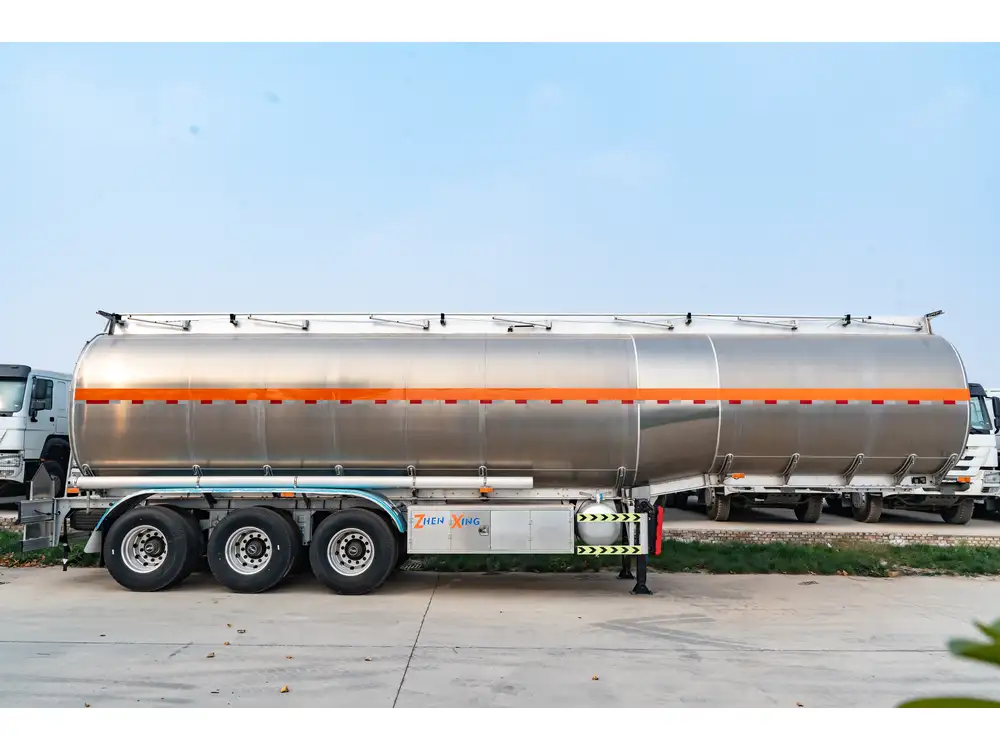
Functional Performance
- Braking System: Ensure the brakes are operational. A malfunctioning braking system can hinder future use.
- Electrical Systems: Evaluate lights and wiring. Faulty electrical systems may necessitate repairs or could lower resale value drastically.
- Tire Conditions: Worn or damaged tires must be taken into account.
After this comprehensive inspection, you’ll be able to make an informed decision regarding the method of disposal.
Options for Disposing of an Old Semi Trailer
Once you understand the condition of your semi-trailer, it’s time to explore different disposal options. The following methods can be considered, each with its own advantages and considerations.
1. Selling the Semi Trailer
Selling a semi-trailer can be an excellent way to recover some investment, particularly if the trailer is still in reasonable working order.
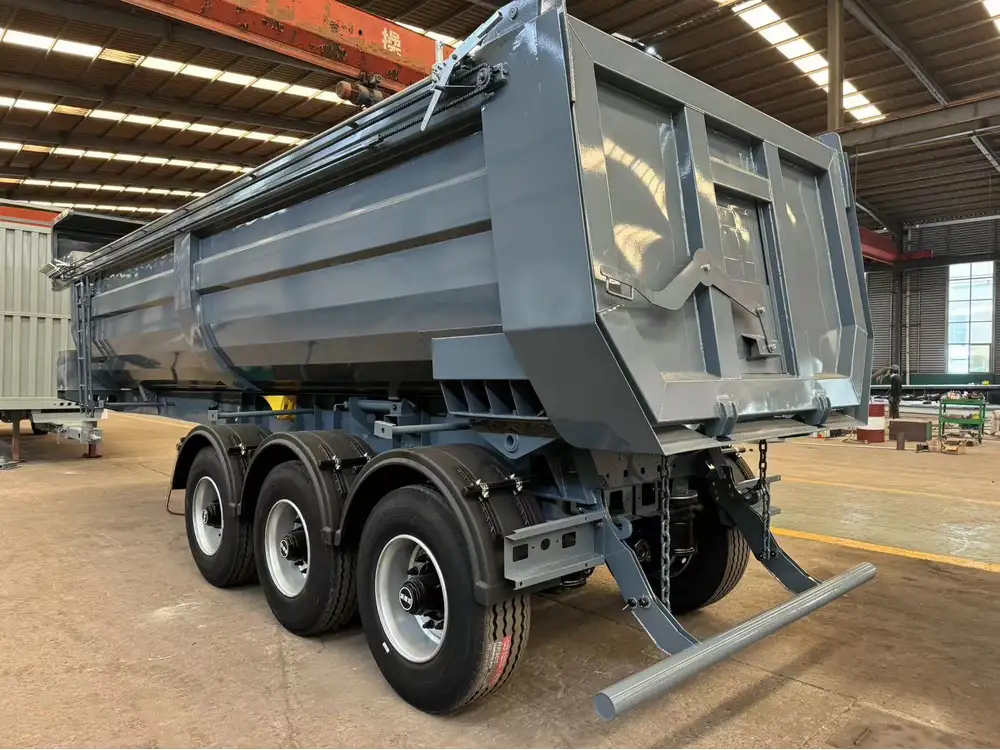
A. Marketplaces
- Online Classifieds: Websites like Craigslist, eBay, or TruckPaper can reach a broad audience.
- Specialized Forums: Use forums dedicated to trucking or semi-trailer sales. Here, potential buyers are often more knowledgeable and serious about acquiring a trailer.
B. Auction Houses
- Local Auctions: Many auction houses specialize in heavy equipment and trailers, providing access to serious buyers.
- Online Auctions: Platforms like Ritchie Bros. allow for remote bidding, expanding your buyer pool significantly.
2. Trade-In Options
If you’re purchasing a new trailer, some dealers offer trade-in programs where they will take your old trailer as part of the purchase transaction. Some factors to consider include:
- Transaction Value: Understand the trade-in value offered and how it compares to selling independently.
- Dealer Reputation: Ensure you deal with reputable dealers who won’t undervalue your asset.

3. Scrap or Junkyard
For semi-trailers that are no longer operational or too damaged for resale, contacting a scrap yard may be your best option.
A. The Scrapping Process
- Ensure Compliance: Make sure you’re compliant with local laws regarding scrap metal disposal.
- Valuation: Check prices for metal types (steel, aluminum, etc.) and obtain quotes from multiple yards.
B. Factors to Consider
- Environmental Considerations: Responsible disposal should involve recycling components wherever possible.
- Documentation: Keep records of the disposition of the trailer for future tax deductions, if applicable.
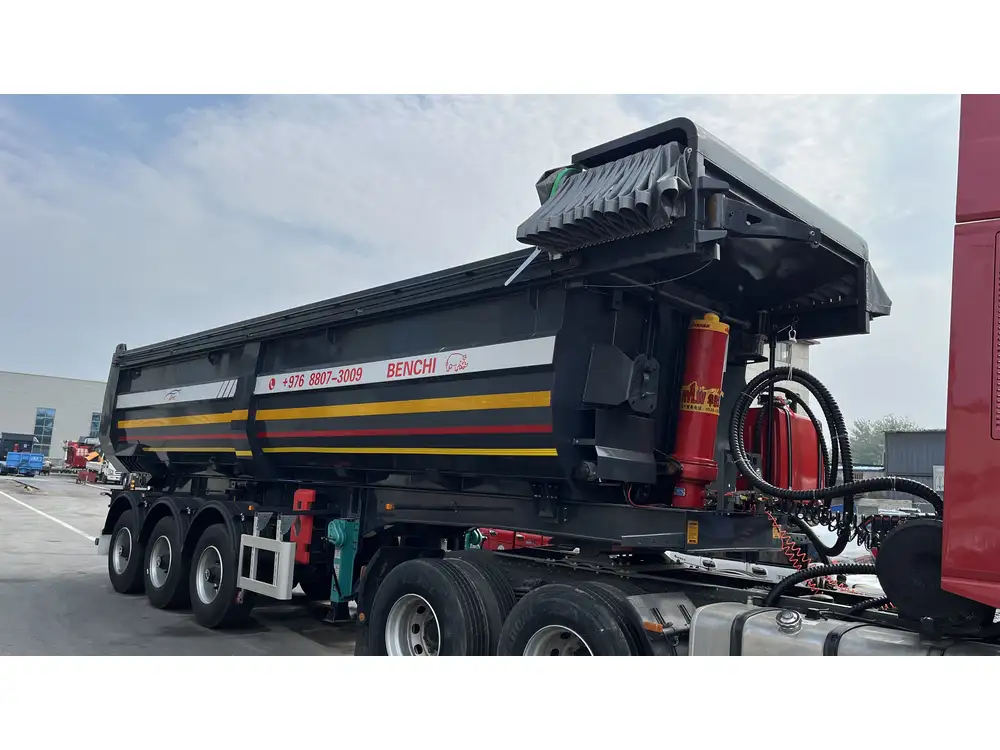
4. Donation
If the trailer is in good enough shape, consider donating it to a non-profit organization. Many organizations may accept trailers for:
- Vehicle Training Programs: New drivers can benefit from practicing with full-size trucks.
- Farm or Homestead Uses: Non-profits focusing on sustainability might transform trailers into effective storage.
Tax Advantages
- Donating a semi-trailer may open avenues for tax write-offs, making it a noble choice as well as a financially sound one.
5. Recycling Components
Deconstructing your semi-trailer into valuable parts can maximize the return on your disposal effort. A collaborative analysis of what can be salvaged is critical.

Component Breakdown
| Component | Value Potential | Reuse Opportunities |
|---|---|---|
| Steel Frame | High | Reinforced construction, trailers |
| Axles | Medium | Repairs on similar models |
| Tires | Medium | Resale, retreading or for agricultural use |
| Electrical Parts | Low | Repairs or upgrades in other vehicles |
6. Repurpose and Innovate
With a little creativity, an old semi-trailer can find a new lease on life. Consider:
- Storage Solutions: Converted into storage sheds for farms or businesses.
- Mobile Workshops: A repurposed trailer can serve as a mobile work environment for tradesmen.
- Event Spaces: Transform into a unique venue for outdoor events or fairs.
Understanding Regulations and Compliance
Navigating disposal regulations for semi-trailers can be labyrinthine based on local, state, or federal laws. Understanding requirements is vital to avoiding penalties or harm to the environment.
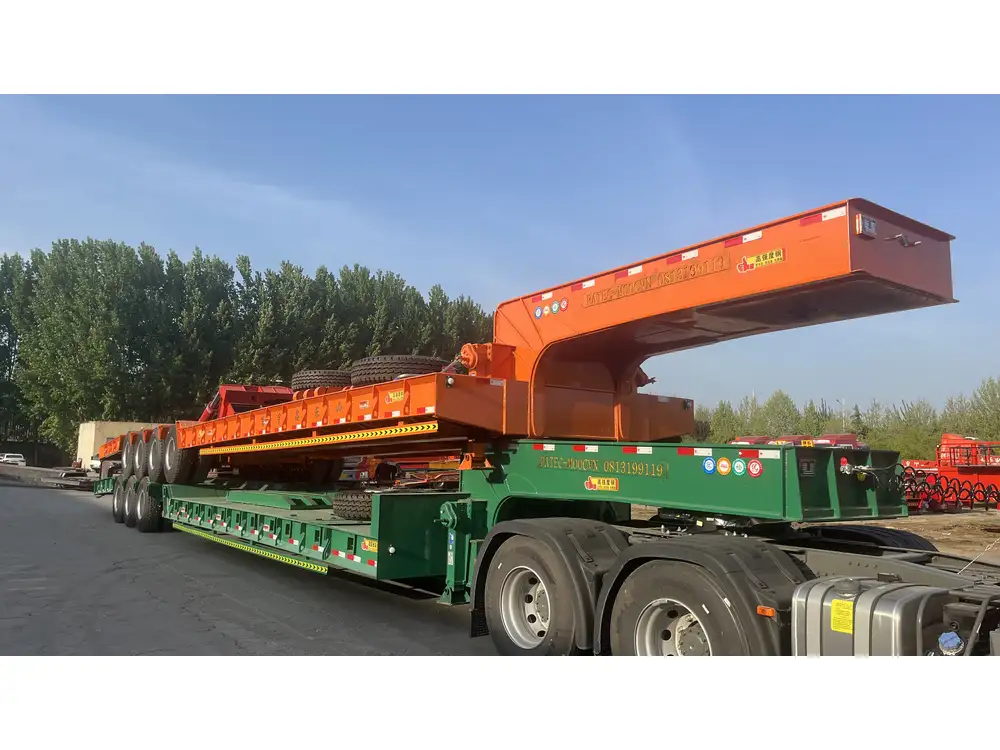
Local Regulations
- Disposal Rules: Familiarize with your local waste management policies.
- Hazardous Material Handling: Components such as brake fluid or batteries require careful disposal.
Environmental Compliance
- Recycling Requirements: Many regions mandate recycling of certain materials, such as metals and plastics.
- Documentation: Keep meticulous records of the disposal processes.
Frequently Asked Questions (FAQs)

What should I do if I can’t legally move my semi-trailer?
Consider contacting local authorities or local towing companies specializing in heavy vehicles who can come to your aid.
Is it possible to auction an old semi-trailer online?
Absolutely! Online auction sites provide extensive reach, but ensure you provide comprehensive descriptions and accurate images to appeal to bidders.
Can I recycle my semi-trailer myself?
In some zones, self-recycling is feasible, but regulations may apply. Consider hiring professionals for hazardous material handling.
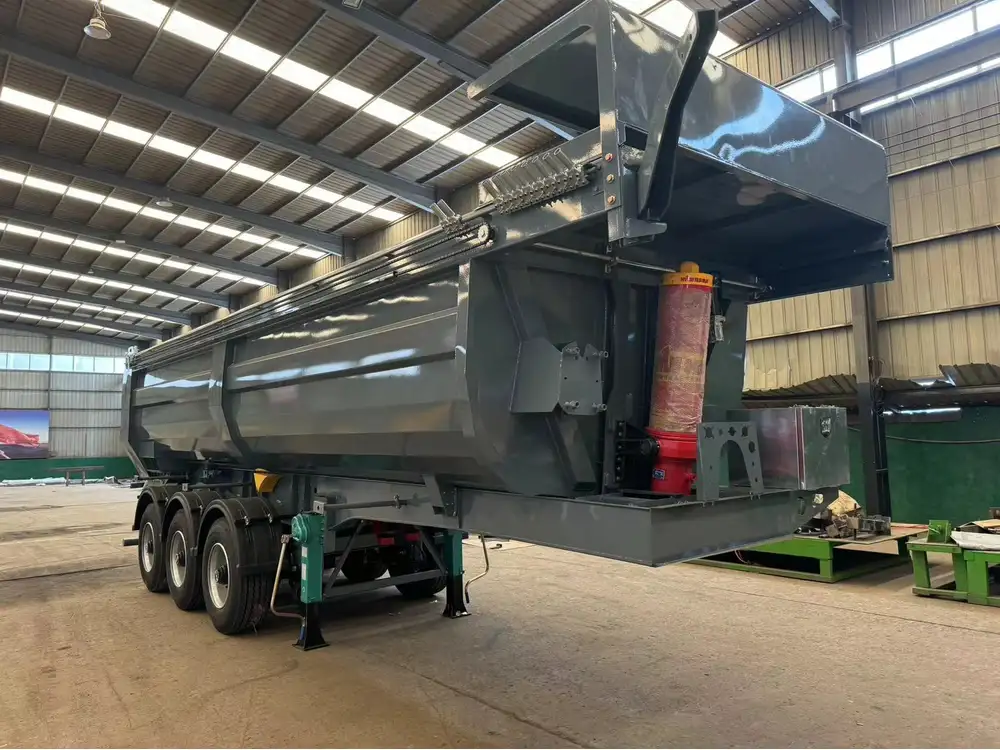
Conclusion
Getting rid of an old semi-trailer, while challenging, can be an opportunity for recovery and resourcefulness. By evaluating the condition and considering various disposal methods such as selling, donating, recycling, or repurposing, you take control of an essential aspect of your assets. Understanding compliance regulations ensures that your disposal choices are both responsible and legal, thus avoiding potential pitfalls.
Ultimately, your old semi-trailer can transition from a burdensome liability into an opportunity for creativity, sustainability, and financial recovery. Embrace the transition with confidence!



